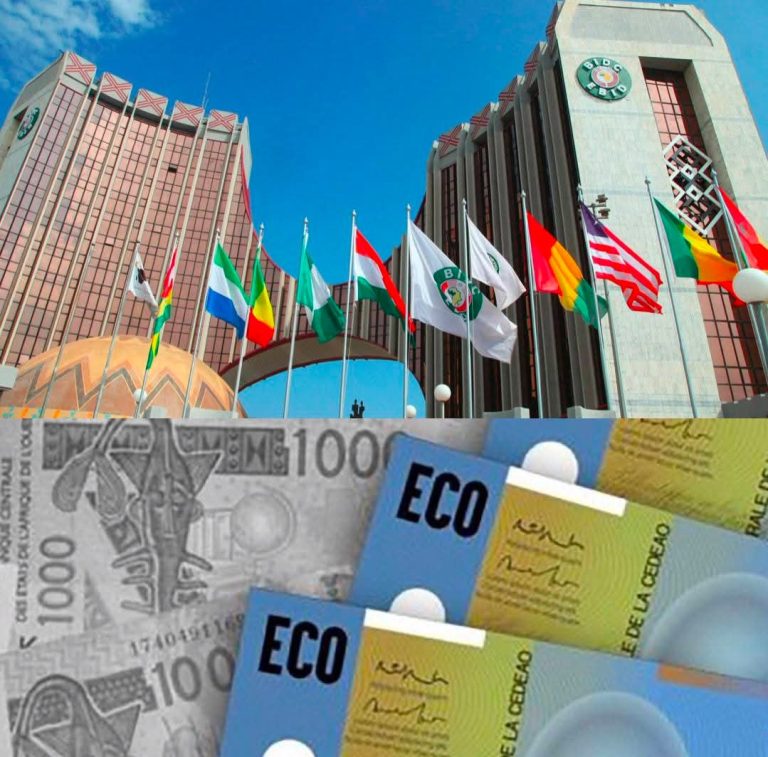The Economic Community of West African States (ECOWAS) to announce plans to launch its long-anticipated single currency, the ECO, by 2027. This initiative will replace the CFA franc—a colonial-era currency printed and regulated in France—marking a symbolic and economic step toward regional integration and greater financial independence for West African nations.
ECOWAS Commission President Omar Alieu Touray highlighted that the ECO’s rollout will begin with member countries ready to meet stringent economic criteria, while offering support to others to catch up. Unlike previous plans that awaited unanimous readiness, this phased approach aims to accelerate the ECO’s introduction as a key tool for boosting intra-regional trade, stability, and sovereignty.
Despite this forward move, the newly minted ECO will initially remain pegged to the euro. However, it will shed the controversial requirement that involved depositing half of member states’ foreign reserves with the French Treasury—thus reducing France’s direct monetary influence but maintaining financial ties to Western currency systems.
At the same time, a bold alternative economic bloc has emerged in the Sahel region. The Alliance of Sahel States (AES)—comprising Burkina Faso, Mali, and Niger—has independently rolled out the Sira, a gold-backed digital currency. This radical initiative seeks to break free from Western monetary control entirely, grounding its value in local gold and natural resources to forge a path toward genuine monetary sovereignty and economic resilience.
The clash between ECOWAS’s ECO and AES’s Sira embodies two competing visions for West Africa’s financial future: a measured, inclusive monetary union linked moderately to Western currencies; versus a revolutionary, resource-backed currency steeped in Pan-African autonomy.
Observers see ECOWAS’s accelerated push for the ECO as a subtle but clear counter to the AES’s gold-backed currency project, potentially reflecting enduring French and Western interests in preserving influence over the region’s monetary architecture amid growing demands for economic self-determination.
As West Africa stands at this monetary crossroads, the choices these nations make will shape the continent’s economic destiny—whether through gradual reform within existing frameworks or through transformative steps toward full sovereign control over their financial futures.
Key takeaways:
- ECOWAS plans to replace the CFA franc with the ECO currency by 2027, starting with fiscally prepared member states.
- The ECO remains pegged to the euro but ends the controversial French reserve requirement.
- The AES bloc (Burkina Faso, Mali, Niger) has launched the Sira, a gold-backed digital currency aimed at total Western financial independence.
- The two currencies symbolize divergent strategies for economic unity and sovereignty in West Africa.
- ECOWAS’s ECO project may be a strategic response to the AES’s ground-breaking currency initiative, amid broader geopolitical monetary contests.
This pivotal moment in West African economic history highlights the enduring tensions between legacy colonial financial systems and emergent African-led alternatives striving for true independence and prosperity.


